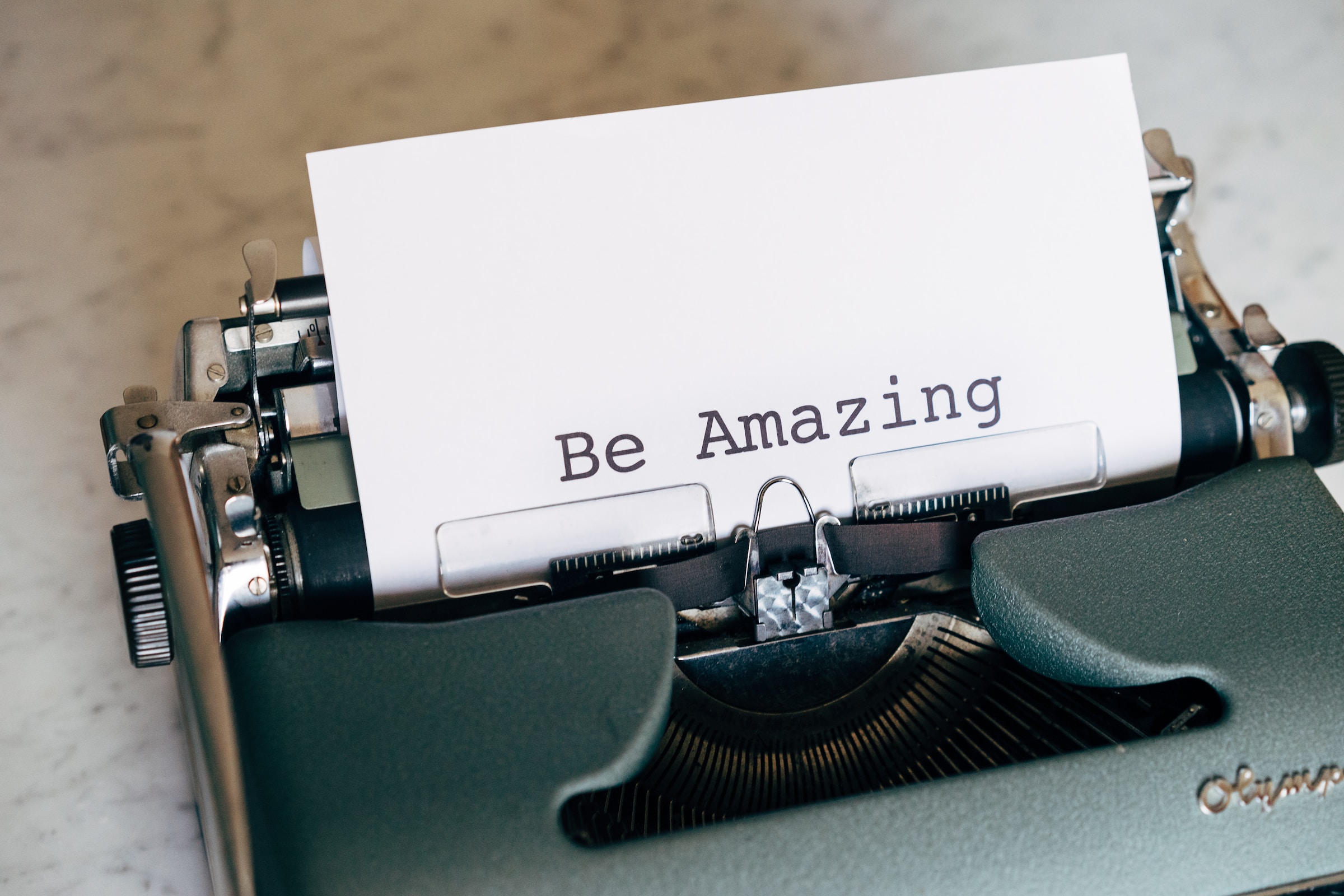
Learning in the moment
Our Managing Director, Nicki Kavanagh shares her thoughts on the benefits of experience-based learning
“How do you think you learn best? Watching a video? Reading? Listening to others? There are many ways to broaden our knowledge, but we usually learn the most when we’re able to try something ourselves. They say you can't learn from someone else's mistakes; you need to learn from your own, and that’s very true. That is why I am a big advocate of experiential learning, where you get in there and have a go – whether that’s as elaborate as creating a role-play scenario with actors, or as simple as running through a difficult conversation. Immersive learning is something that I have always believed in and seek to include as much as possible in our Juniper learning programmes.
Of course, it’s not always easy. One of the key things that I've noticed over the years is that people don't like practising in public. They very often don't like role-playing, especially if it's in front of a bigger group, which I completely understand because it makes us vulnerable. The whole point about learning growth is that we need to feel safe. Our role is to create that safe environment, where people feel more able to be vulnerable – because that's where most of the development takes place. We do something, we get it wrong, we try it again and we get better. There's huge learning in that.
Experiential learning is particularly useful for developing skills that require practise; things like having difficult conversations, building rapport with clients, and developing negotiation and sales techniques. As individuals, we are often quite poor at committing to practise – I’ve noticed in my own case, for example, when I am preparing for things like running a webinar or delivering a podcast – it's very easy to say, ‘Oh, you know, I'll just give it a walk through in my own time’. It's hard work to practise; it takes energy, effort, and time in the diary. But when we make the effort to rehearse, we are better prepared, and we become more agile in the moment. We’ve given our brains and our bodies the best possible opportunity to perform well. And that's why we love this type of learning, where we can help people feel the benefits of practise.
The feedback we’re able to give in this context, where people get stuck in and have a go, is so valuable. It’s not about criticising what's just taken place. It's about being supportive of the growth that we've seen in that individual in that moment. And people are often their own worst critic. When we talk about how it went and ask them, ‘What did you do well?’, the first thing they say is, ‘Oh, I could have done this, this, and this’. No! What we want to focus on is what you did well in that moment, so that you can relive it and do it again. We tend to say to people in terms of the ratio, ‘What are the two things you did really well in that practise, and what's the one ‘even better if’?’ That's when experiential learning moves up another gear.
We often work with actors to help create the best opportunities for immersive learning. If we want participants to be able to practise networking, planting actors in the room during a networking session can work brilliantly. The actors then give feedback to the participants on their skills and how they've engaged with them. We have also worked with actors in forum theatre, which is fascinating. This is where a business interaction plays out at the front of the room and the audience gets to stop the scene and make recommendations for what should happen next. And then, of course, it can take a turn depending on what the audience suggests. That is such a great way of demonstrating how conversations can go one way or the other, depending on how someone reacts in the moment; what they say, and what they do.
With one of our longer-standing clients, we run an incredible case study each year that enables us to give a full simulation over three days. The participants meet the client C-Suite (played by actors) and have opportunities to interact with them throughout the workshop. The actors are then able to provide ‘in the moment’ feedback that clients don't always do. Let's face it, we don't very often get feedback on our impact. The feedback giver tends to stick with the content rather than the context, because that's safer. That immediate reaction from the actor on how they felt is so, so valuable.
Experiential learning is an incredibly rich opportunity and, if you have the chance to try it, my advice would be to dive right in!"
Photo by Markus Winkler on Unsplash